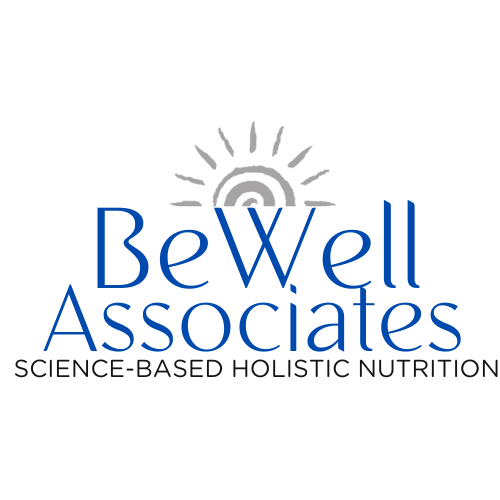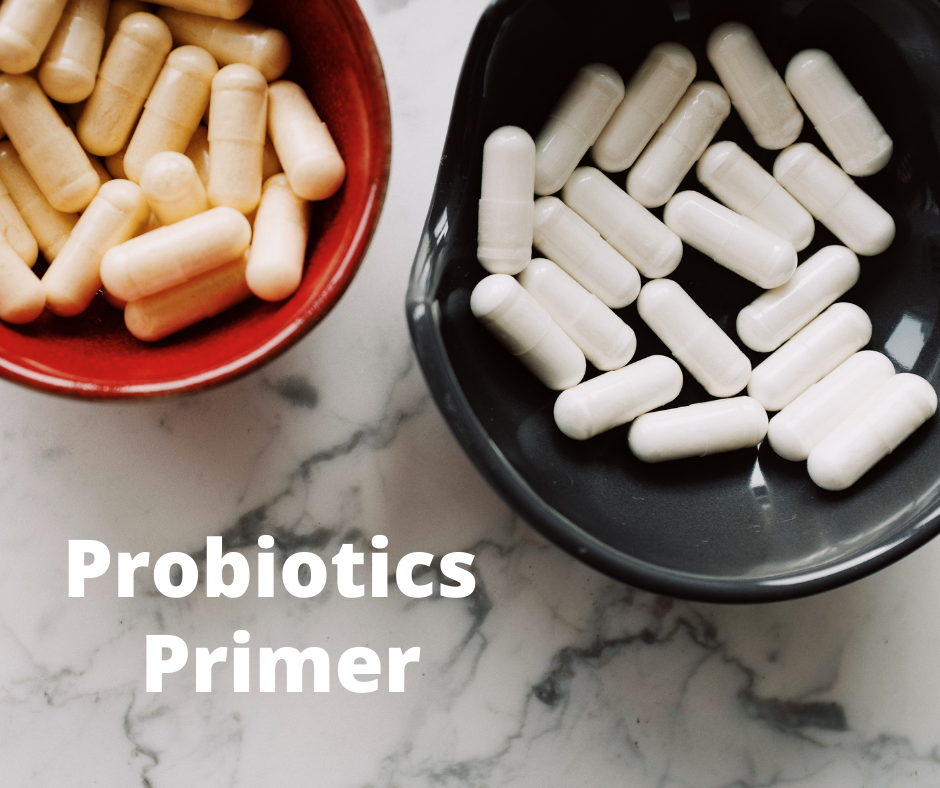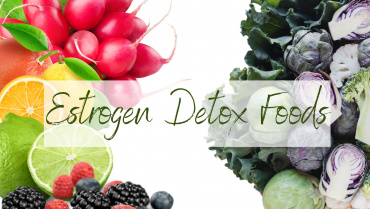Trillions of bacteria live in your body, especially your large intestine. This community of bacteria in your colon, known as the gut microbiota, is vital to immune health, digestion, and other functions.
These friendly bacteria help:
- Break down and digest food.
- Communicate with your immune system.
- Keep inflammation at bay.
Research shows that an imbalance in the gut microbiota contributes to many health problems, particularly gastrointestinal issues, as well as immune dysfunction and infections. The bacterial balance is disrupted by medical conditions, emotional and physical stress, and, most notably, antibiotics, which destroy the good bacteria and the bad.
Your body needs a proper balance of good and bad bacteria to promote good health. Problems occur when this balance is off. That’s when probiotics can be helpful.
Probiotics are beneficial bacteria similar to those generally found in your body. The various probiotic products on the market contain an even wider range of probiotic bacterial strains. To reap the benefits, you need to choose the right one to address your particular problem.
“If someone has disrupted his gut microbial balance, this is where a probiotic can be of benefit,” says Gail Cresci, Ph.D., RD, an intestinal microbe specialist with Cleveland Clinic’s Department of Gastroenterology, Hepatology, and Nutrition.
Probiotics help tip the balance of the gut microbiota back in favor of the good bacteria. Use of probiotics may relieve the symptoms of irritable bowel syndrome (IBS), ulcerative colitis, acute infectious diarrhea, and diarrhea associated with antibiotic use or Clostridium difficile (C.diff) infection. Probiotics can also boost your immunity, fight inflammation, and potentially have beneficial effects on cholesterol.
Taking the RIGHT probiotic can determine whether you reap the benefits or not.
Choosing a Probiotic
- To be a true probiotic, it must contain live and active bacterial cultures, and it should indicate as much on its packaging.
- Generally choose a probiotic with at least 1 billion colony forming units and some of the most researched probiotics, in the genus Lactobacillus, Bifidobacterium, or Saccharomyces boulardii.
- Stay away from store brands and choose a well-tested product that’s recommended for the specific situation you want to address, as each genus of bacteria encompasses numerous strains that produce different results.
- It may take some trial and error to find the probiotic that works for you. If you notice no benefits from one product after a few weeks, try a different one with another bacteria strain.
- Be advised that probiotics may cause bloating and gas, as well as changes in your stool patterns — all indications that the product is working.
- Prebiotic foods help your good bacteria flourish. Include beans, asparagus, onions, green bananas, and other fermentable fiber sources in your diet.
- Probiotics are typically not recommended if you have a compromised immune system. Ask your physician if probiotics are right for you.
You can also get probiotics from the following foods:
- Yogurt that contains added Lactobacillus and Bifidobacterium strains.
- Kombucha, a fermented tea.
- Tempeh, fermented soybeans.
- Sauerkraut, fermented cabbage.
Prebiotics
While probiotics add beneficial bacteria to the gut microbiome, prebiotics induce and promote the growth of these helpful organisms. Prebiotic foods contain a special type of dietary fiber that act like fertilizer for the good bacteria in your gut. They are indigestible fibers (by humans) that are fermented (by bacteria) along the GI tract.
According to the UMass Medical School Center for Applied Nutrition, the following foods are your best sources of prebiotics:
- Oat groats and steel-cut oats
- Asparagus
- Dandelion greens
- Leeks
- Garlic
- Bananas
- Onions
- Apples
- Flaxseed
- Cocoa
Maintaining a healthy gut microbiome is critical to your vibrant good health. If you’d like help with dietary recommendations or in choosing the right probiotic, please contact us today.





Add Comment